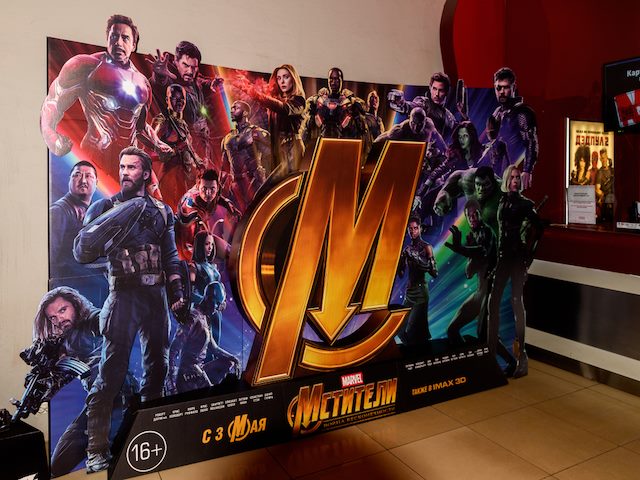While attending the Cloud Foundry Summit 2019 in Philadelphia, I suddenly felt as if I was in the Marvel Cinematic Universe, commonly known as the MCU. Like the MCU, Cloud Foundry Summit was all about crossovers.
Crossovers, in the form of integrations, with Cloud Native Computing Foundation (CNCF) projects such as the one between its edge and service proxy Envoy (and non-CNCF project Istio) with Kubernetes were especially prevalent. Presentations of the Cloud Foundry Foundation semi-annual survey were about cloud and cloud native, with little mention of Cloud Foundry projects. Vendors everywhere were promoting their Kubernetes and other cloud native capabilities over their Cloud Foundry offerings.
Related Article: What You Need to Know About Containerization
Convergence in the Cloud World
The cloud technology market has been heading towards convergence for some time. While infrastructure virtualization, such as VMWare vSphere or OpenStack, is designed to help operations manage infrastructure, cloud native technology is all about developer abstraction. The goal of cloud native technology is to hide the nasty details of hardware and software infrastructure from developers. In that context, a unit of computing is not a server, storage, network or even virtual machine, it’s a container. Where and how the container lives out its lifecycle is unimportant to the developer. It exists somewhere — and that’s enough.
This is why technology such as Cloud Foundry and Kubernetes are not just complementary: they are part of the same environment. If all continues to go well with Cloud Foundry Foundation’s Project Eirini, Kubernetes will live on Cloud Foundry just like Diego, the Cloud Foundry container manager does.
In the future, the Cloud Foundry Application Runtime will become an intentional enterprise platform for Kubernetes for those who don’t want to build their own platform from pure Kubernetes. The Cloud Foundry Container Runtime will be an alternative to RunC just as Linkerd and Istio/Envoy are alternative Service Mesh implementations.
Related Article: Microservices Architecture: One Big Cluster or Lots of Little Ones?
Convergence Is a Boon to DevOps
While history has created multiple organizations to manage cloud native open source projects, they are all part of the same landscape, along with many other cloud technologies. In other words, convergence is real and it’s good. It will be especially good for DevOps teams that have applications with different needs. Convergence between Cloud Foundry and other cloud native projects will provide platform choice for Ops while presenting the same environment for Dev. It’s the best of all possible outcomes.
Learn how you can join our contributor community.
